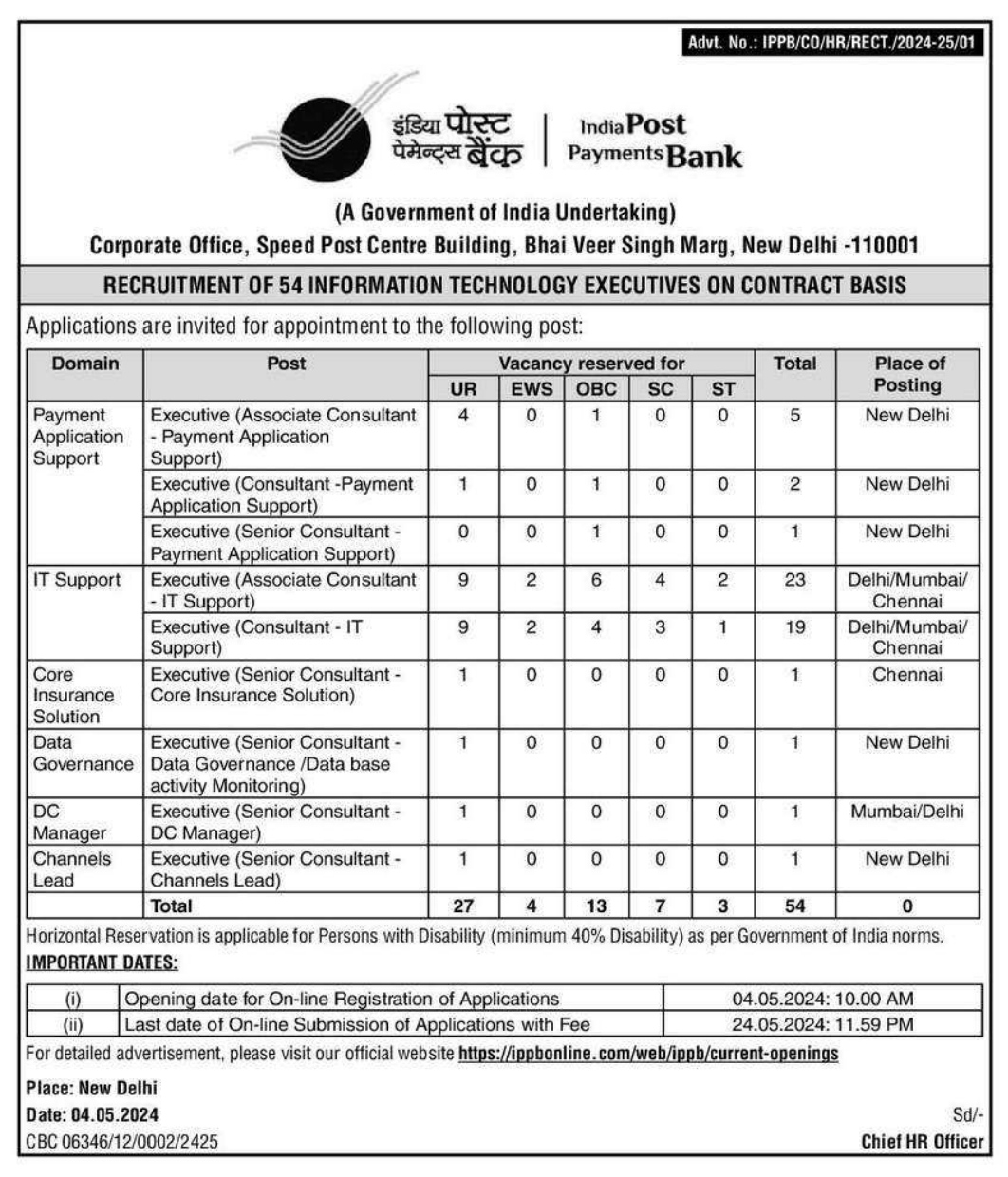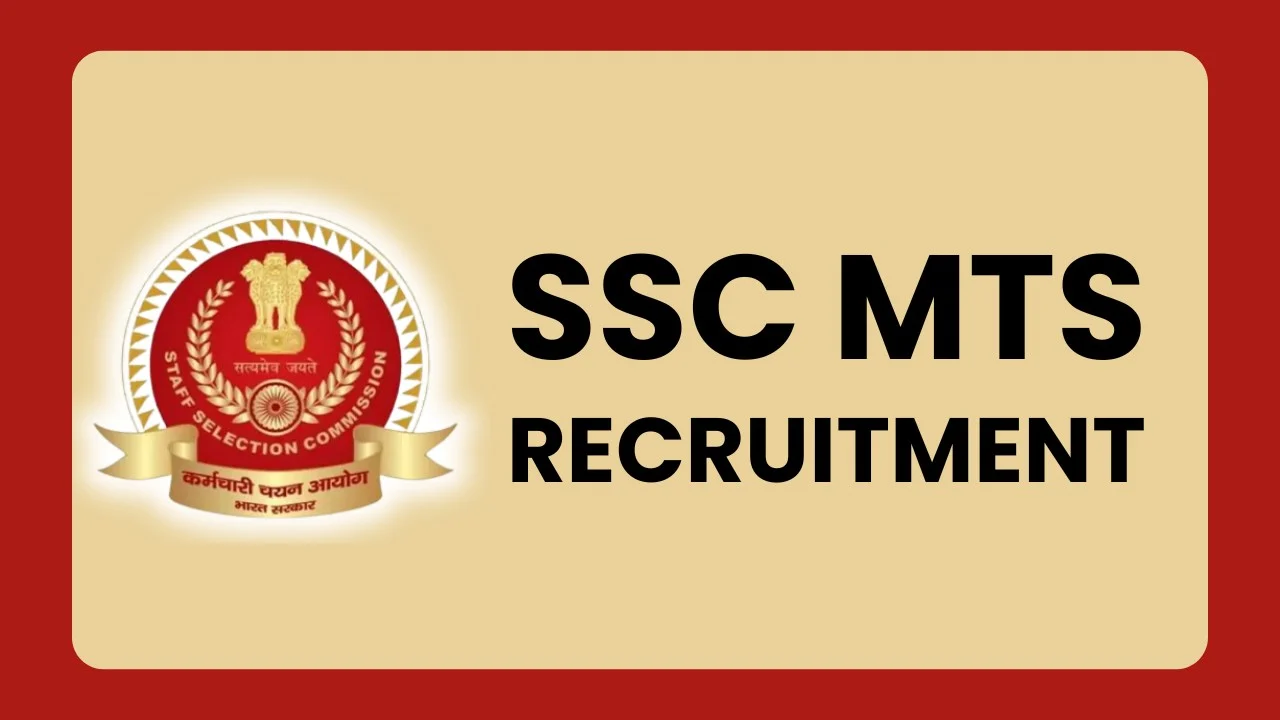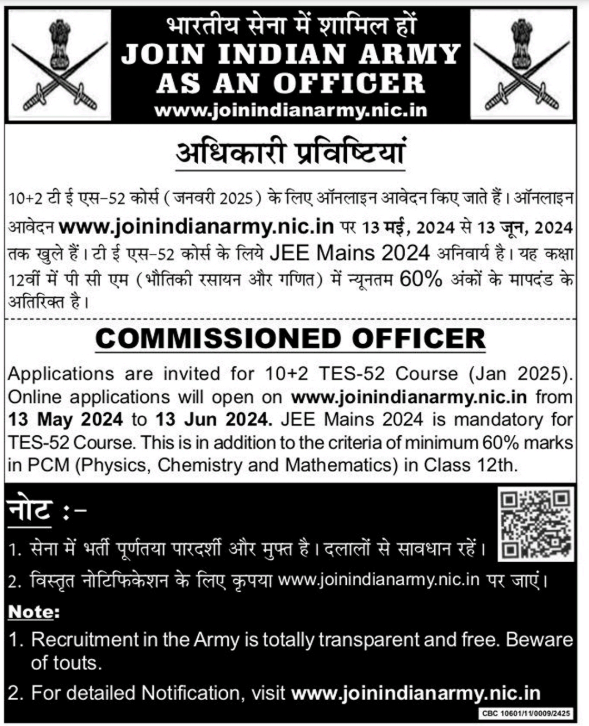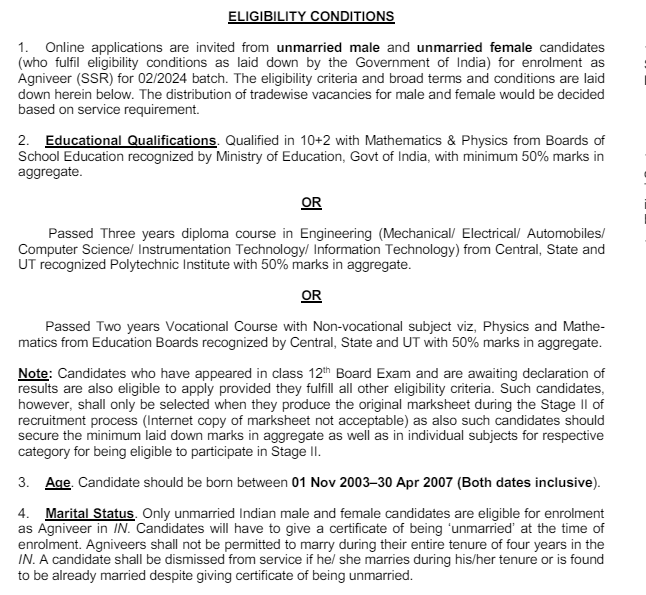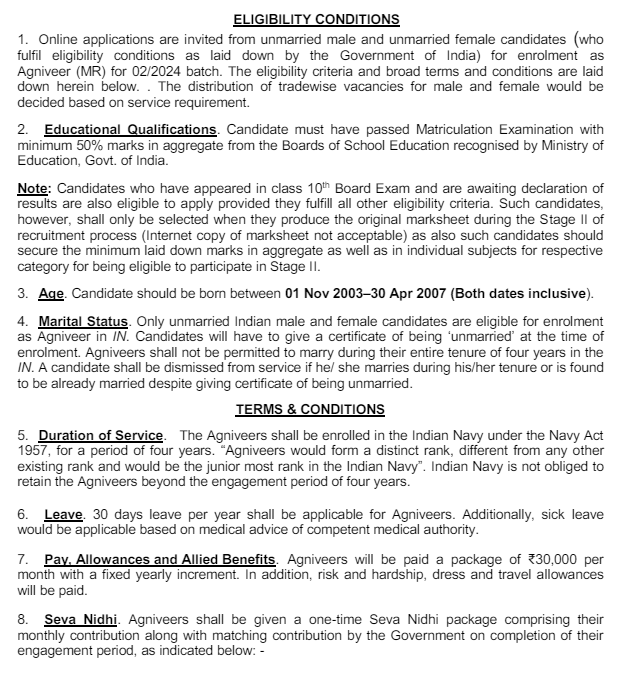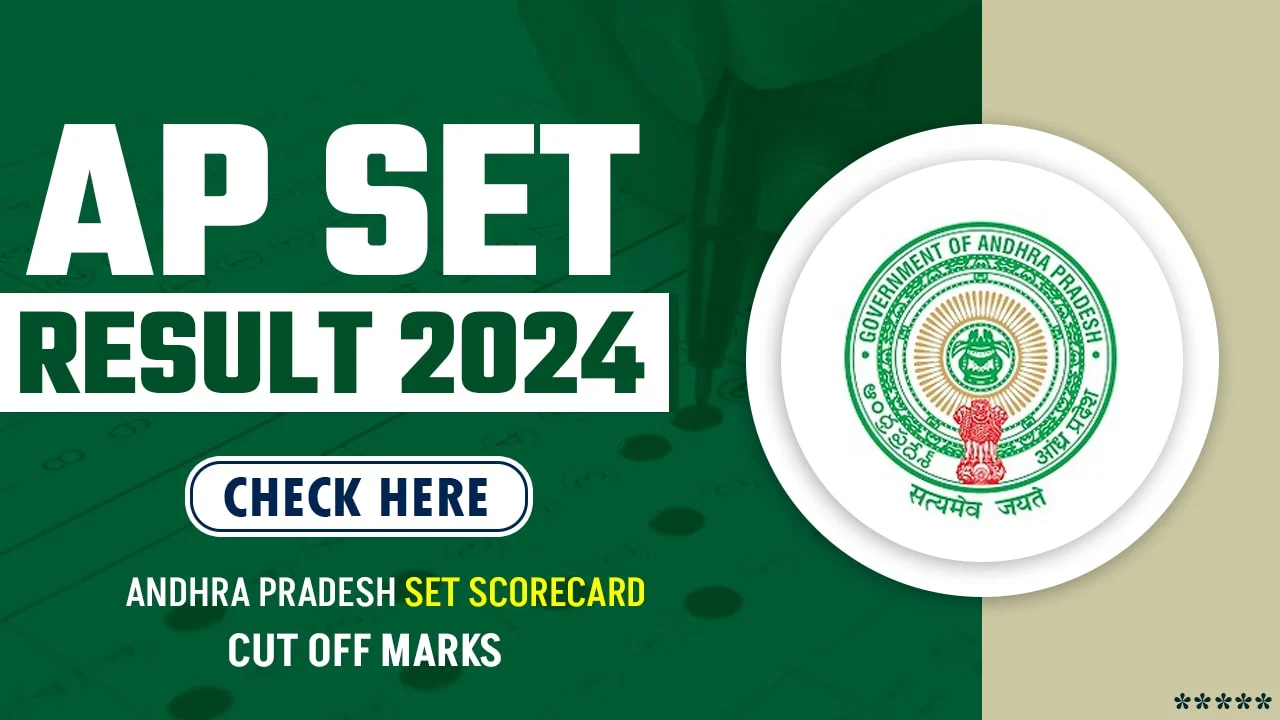LMRC Assistant Manager 2018 Selection Process
Lucknow Metro Rail Corporation(LMRC)-Assistant Manager (AM)-2018 Selection Process,Exam Pattern And Syllabus
LMRC AM Selection Process
For the post of AM the selection methodology will comprise Two-stage process – Written Test followed by Medical examinations in Executive(Technical) category.
LMRC AM Exam Pattern
Mode Of Written Exam-Online Computer Based Test (CBT)
Type Of Written Exam-Objective
Total No of Paper- Only One Paper
Total No of Questions And Marks-140
LMRC Assistant Manager 2018 Selection Process
1.General English-10 Questions
2.General Awareness-15 Questions
3.Logical Ability-10 Questions
4.Quantitative Aptitude-15 Questions
LMRC Assistant Manager 2018 Selection Process
5.Knowledge of the discipline/trade(Electrical/S&T/Civil)- 90 Questions
Note-Knowledge of the discipline/trade questions for Electrical or S&T or Civil will be different.
Total marks- 140 Marks (Questions of 1 mark each.)
Language Of Written Exam-Exam will be bilingual i.e. English and Hindi.
Total Time-120 Minutes.
Negative Marking-For every incorrect answer, one-third (1/3) mark will be deducted.
LMRC AM Syllabus
1.General Aptitude
(1) Numbers
(2) Average
(3) Percentage
(4) Profit & Loss
(5) Ratio & Proportion
(6) Time & Work
(7) Time & Distance
(8) Simple & Compound Interest
(9) Area & Volume
(10) Data Interpretation
LMRC Assistant Manager 2018 Selection Process
2.General Reasoning
(1) Series Completion
(2) Blood Relations
(3) Classification
(4) Puzzle Test
(5) Analogy
(6) Direction Sense Test
(7) Coding-Decoding
(8) Logical Venn Diagram
(9) Paper Cutting
(10) Cubes & Dices
LMRC Assistant Manager 2018 Selection Process
3.General Knowledge & Current Affairs
General Knowledge
(1) Geography of India
(2) History of India
(3) Indian Polity
(4) Indian Economy
(5) Everyday Science
(6) General Science
(7) Environmental Science
(8) General Physics
(9) General Chemistry
(10) Life Science
LMRC Assistant Manager 2018 Selection Process
Current Affairs
(1) Persons in News
(2) International Organizations
(3) Games & Events
(4) Awards & Honours
(5) Books & Authors
(6) Science & Technology
(7) Defence & Security
(8) Economic Affairs
(9) National News
(10) International News
LMRC Assistant Manager 2018 Selection Process
3.General English
(1) Active & Passive Voice
(2) Direct & Indirect Speech
(3) Synonyms
(4) Antonyms
(5) Comprehension Ability
(6) Sentence Completion
(7) Idioms & Phrases
(8) One Word Substitution
(9) Sentence Improvement
(10) Spotting Error
Discipline Syllabus-Electrical Engineering (Official 2015-16)
Electric Circuits and Fields:
Network graph, KCL, KVL, node and mesh analysis, transient response of dc and ac networks;sinusoidal steady-state analysis, resonance, basic filter concepts; ideal current and voltage sources,Thevenin’s, Norton’s and Superposition and Maximum Power Transfer theorems, two-port networks,three phase circuits; Gauss Theorem, electric field and potential due to point, line, plane and spherical charge distributions; Ampere’s and Biot-Savart’s laws; inductance; dielectrics; capacitance.
LMRC Assistant Manager 2018 Selection Process
Signals and Systems:
Representation of continuous and discrete-time signals; shifting and scaling operations; linear, timeinvariant and causal systems; Fourier series representation of continuous periodic signals; sampling
theorem; Fourier, Laplace and Z transforms.
Electrical Machines:
Single phase transformer – equivalent circuit, phasor diagram, tests, regulation and efficiency; three phase transformers – connections, parallel operation; autotransformer; energy conversion principles;
DC machines – types, windings, generator characteristics, armature reaction and commutation, starting and speed control of motors; three phase induction motors – principles, types, performance
characteristics, starting and speed control; single phase induction motors; synchronous machines –performance, regulation and parallel operation of generators, motor starting, characteristics and
applications; servo and stepper motors.
LMRC Assistant Manager 2018 Selection Process
Power Systems:
Basic power generation concepts; transmission line models and performance;cable performance, insulation; corona and radio interference; distribution systems; per-unit quantities; bus impedance and admittance matrices; load flow; voltage control; power factor correction; economic operation; symmetrical components; fault analysis; principles of overcurrent, differential and distance protection;
solid state relays and digital protection; circuit breakers; system stability concepts, swing curves and equal area criterion; HVDC transmission and FACTS concepts.
Control Systems:
Principles of feedback; transfer function; block diagrams; steady-state errors; Routh and Niquist techniques; Bode plots; root loci; lag, lead and lead-lag compensation; state space model; state transition matrix, controllability and observability.
LMRC Assistant Manager 2018 Selection Process
Electrical and Electronic Measurements:
Bridges and potentiometers; PMMC, moving iron, dynamometer and induction type instruments;measurement of voltage, current, power, energy and power factor; instrument transformers; digital voltmeters and multimeters; phase, time and frequency measurement; Q-meters; oscilloscopes; potentiometric recorders; error analysis.
Analog and Digital Electronics:
Characteristics of diodes, BJT, FET; amplifiers – biasing, equivalent circuit and frequency response;oscillators and feedback amplifiers; operational amplifiers – characteristics and applications; simple
active filters; VCOs and timers; combinational and sequential logic circuits; multiplexer; Schmitt trigger; multi-vibrators; sample and hold circuits; A/D and D/A converters; 8-bit microprocessor basics, architecture, programming and interfacing.
LMRC Assistant Manager 2018 Selection Process
Power Electronics and Drives:
Semiconductor power diodes, transistors, thyristors, triacs, GTOs, MOSFETs and IGBTs – static characteristics and principles of operation; triggering circuits; phase control rectifiers; bridge
converters – fully controlled and half controlled; principles of choppers and inverters; basis concepts of adjustable speed dc and ac drives.
LMRC Assistant Manager 2018 Selection Process
Discipline Syllabus-S&T (Electronics) Engineering (Official 2015-16)
Networks:
Network graphs: matrices associated with graphs; incidence, fundamental cut set and fundamental circuit matrices. Solution methods: nodal and mesh analysis. Network theorems: superposition,
Thevenin and Norton’s maximum power transfer, Wye-Delta transformation. Steady state sinusoidal analysis using phasors. Linear constant coefficient differential equations; time domain analysis of
simple RLC circuits, Solution of network equations using Laplace transform: frequency domain analysis of RLC circuits. 2-port network parameters: driving point and transfer functions. State equations for networks.
Electronic Devices:
Energy bands in silicon, intrinsic and extrinsic silicon. Carrier transport in silicon: diffusion current,drift current, mobility, and resistivity. Generation and recombination of carriers. p-n junction diode,
Zener diode, tunnel diode, BJT, JFET, MOS capacitor, MOSFET, LED, p-I-n and avalanche photo diode, Basics of LASERs. Device technology: integrated circuits fabrication process, oxidation,
diffusion, ion implantation, photolithography, n-tub, p-tub and twin-tub CMOS process.
Analog Circuits:
Small Signal Equivalent circuits of diodes, BJTs, MOSFETs and analog CMOS. Simple diode circuits, clipping, clamping, rectifier. Biasing and bias stability of transistor and FET amplifiers. Amplifiers:
single-and multi-stage, differential and operational, feedback, and power. Frequency response of amplifiers. Simple op-amp circuits. Filters. Sinusoidal oscillators; criterion for oscillation; singletransistor
LMRC Assistant Manager 2018 Selection Process
and op-amp configurations. Function generators and wave-shaping circuits, 555 Timers. Power supplies.
Digital circuits:
Boolean algebra, minimization of Boolean functions; logic gates; digital IC families (DTL, TTL,ECL, MOS, CMOS). Combinatorial circuits: arithmetic circuits, code converters, multiplexers,decoders, PROMs and PLAs. Sequential circuits: latches and flip-flops, counters and shift registers.
Sample and hold circuits, ADCs, DACs. Semiconductor memories. Microprocessor (8085):
architecture, programming, memory and I/O interfacing.
Signals and Systems:
Definitions and properties of Laplace transform, continuous-time and discrete-time Fourier series,continuous-time and discrete-time Fourier Transform, DFT and FFT, z-transform. Sampling theorem.
Linear Time-Invariant (LTI) Systems: definitions and properties; causality, stability, impulse response,convolution, poles and zeros, parallel and cascade structure, frequency response, group delay, phase delay. Signal transmission through LTI systems.
LMRC Assistant Manager 2018 Selection Process
Control Systems:
Basic control system components; block diagrammatic description, reduction of block diagrams. Open loop and closed loop (feedback) systems and stability analysis of these systems. Signal flow graphs
and their use in determining transfer functions of systems; transient and steady state analysis of LTI control systems and frequency response. Tools and techniques for LTI control system analysis: root
loci, Routh-Hurwitz criterion, Bode and Nyquist plots. Control system compensators: elements of lead and lag compensation, elements of Proportional-Integral- Derivative (PID) control. State variable
representation and solution of state equation of LTI control systems.
Communications:
Random signals and noise: probability, random variables, probability density function, autocorrelation,power spectral density. Analog communication systems: amplitude and angle modulation and
demodulation systems, spectral analysis of these operations, superheterodyne receivers; elements of hardware, realizations of analog communication systems; signal-to-noise ratio (SNR) calculations for amplitude modulation (AM) and frequency modulation (FM) for low noise conditions. Fundamentals
of information theory and channel capacity theorem. Digital communication systems: pulse code modulation (PCM), differential pulse code modulation (DPCM), digital modulation schemes:
amplitude, phase and frequency shift keying schemes(ASK, PSK, FSK), matched filter receivers, bandwidth consideration and probability of error calculations for these schemes. Basics of TDMA, FDMA and CDMA and GSM.
Electromagnetics:
Elements of vector calculus: divergence and curl; Gauss’ and Stokes’ theorems, Maxwell’s equations: differential and integral forms. Wave equation, Poynting vector. Plane waves: propagation through various media; reflection and refraction; phase and group velocity; skin depth. Transmission lines: characteristic impedance; impedance transformation; Smith chart; impedance matching; S parameters,
pulse excitation. Waveguides: modes in rectangular waveguides; boundary conditions; cut-off frequencies; dispersion relations. Basics of propagation in dielectric waveguide and optical fibers.
Basics of Antennas: Dipole antennas; radiation pattern; antenna gain.
LMRC Assistant Manager 2018 Selection Process
Discipline Syllabus-Civil Engineering (Official 2015-16)
Mechanics:
Bending moment and shear force in statically determinate beams. Simple stress and strain relationship:Stress and strain in two dimensions, principal stresses, stress transformation, Mohr’s circle. Simple bending theory, flexural and shear stresses, unsymmetrical bending, shear center. Thin walled pressure vessels, uniform torsion, buckling of column, combined and direct bending stresses.
LMRC Assistant Manager 2018 Selection Process
Structural Analysis:
Analysis of statically determinate trusses, arches, beams, cables and frames, displacements in statically determinate structures and analysis of statically indeterminate structures by force/ energy methods, analysis by displacement methods (slope deflection and moment distribution methods), influence lines for determinate and indeterminate structures. Basic concepts of matrix methods of structural analysis.
Concrete Structures:
Concrete Technology- properties of concrete, basics of mix design. Concrete design- basic working stress and limit state design concepts, analysis of ultimate load capacity and design of members subjected to flexure, shear, compression and torsion by limit state methods. Basic elements of prestressed concrete, analysis of beam sections at transfer and service loads.
Steel Structures:
Analysis and design of tension and compression members, beams and beam columns, column bases.Connections- simple and eccentric, beam–column connections, plate girders and trusses. Plastic analysis of beams and frames.
LMRC Assistant Manager 2018 Selection Process
Soil Mechanics:
Origin of soils, soil classification, three-phase system, fundamental definitions, relationship and interrelationships, permeability &seepage, effective stress principle, consolidation, compaction, shear
strength.
Foundation Engineering:
Sub-surface investigations- scope, drilling bore holes, sampling,
penetration tests, plate load test. Earth pressure theories, effect of water table, layered soils. Stability of slopes-infinite slopes, finite slopes. Foundation types-foundation design requirements. Shallow
foundations-bearing capacity, effect of shape, water table and other factors, stress distribution,settlement analysis in sands & clays. Deep foundations–pile types, dynamic & static formulae, load capacity of piles in sands & clays, negative skin friction.
Fluid Mechanics and Hydraulics:
Properties of fluids, principle of conservation of mass, momentum,
energy and corresponding equations, potential flow, applications of momentum and Bernoulli’s equation, laminar and turbulent flow, flow in pipes, pipe networks. Concept of boundary layer and its growth. Uniform flow, critical flow and gradually varied flow in channels, specific energy concept,hydraulic jump. Forces on immersed bodies, flow measurements in channels, tanks and pipes.
Dimensional analysis and hydraulic modeling. Kinematics of flow, velocity triangles and specific speed of pumps and turbines.
LMRC Assistant Manager 2018 Selection Process
Hydrology:
Hydrologic cycle, rainfall, evaporation, infiltration, stage discharge relationships, unit hydrographs, flood estimation, reservoir capacity, reservoir and channel routing. Well hydraulics.
Irrigation:
Duty, delta, estimation of evapo-transpiration. Crop water requirements. Design of: lined and unlined canals, waterways, head works, gravity dams and spillways. Design of weirs on permeable
foundation. Types of irrigation system, irrigation methods. Water logging and drainage, sodic soils.
Water requirements:
Quality standards, basic unit processes and operations for water treatment. Drinking water standards, water requirements, basic unit operations and unit processes for surface
water treatment, distribution of water. Sewage and sewerage treatment, quantity and characteristics of wastewater. Primary, secondary and tertiary treatment of wastewater, sludge disposal, effluent discharge standards. Domestic wastewater treatment, quantity of characteristics of domestic wastewater, primary and secondary treatment Unit operations and unit processes of domestic
wastewater, sludge disposal.
Air Pollution:
Types of pollutants, their sources and impacts, air pollution meteorology, air pollution control, air quality standards and limits.
LMRC Assistant Manager 2018 Selection Process
Municipal Solid Wastes:
Characteristics, generation, collection and transportation of solid wastes,engineered systems for solid waste management (reuse/ recycle, energy recovery, treatment and disposal).
Noise Pollution:
Impacts of noise, permissible limits of noise pollution, measurement of noise and control of noise pollution.
Highway Planning:
Geometric design of highways, testing and specifications of paving materials,design of flexible and rigid pavements.
LMRC Assistant Manager 2018 Selection Process
Traffic Engineering:
Traffic characteristics, theory of traffic flow, intersection design, traffic signs and signal design, highway capacity.
Surveying:
Importance of Surveying , principles and classifications , mapping concept , co-ordinate system , map projections , measurements of distance and directions , levelling , theodolite traversing , plane table surveying , errors and adjustments , curves .
LMRC Assistant Manager 2018 Selection Process
Category: New Jobs





